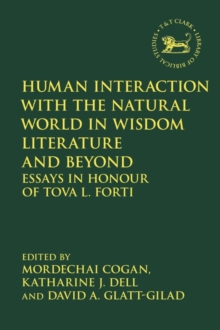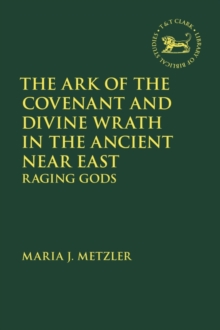
Sedaqa and Torah in Postexilic Discourse Hardback
Edited by Susanne (Catholic Private University Linz, Austria) Gillmayr-Bucher, Maria (University of Dresden, Germany) Hausl
Part of the The Library of Hebrew Bible/Old Testament Studies series
Hardback
Description
The chapters in this volume clarify crucial aspects of Torah by exploring its relationship to sedaqa (righteousness).
Observing the Torah is often considered to be the main identity-marker of Israel in the post-exilic period.
However, sedaqa is also widely used as a force of group cohesion and as a resource for ethics without references to torah.
The contributors to this volume explore these crucial themes for the post-exilic period, and show how they are related in the key texts that feature them. Though torah and sedaqa can have some aspects in common, especially when they are amended by aspects of creation, both terms are rarely linked to each other explicitly in the Old Testament, and if so, different relations are expressed.
These are examined in this book. The opening of the book of Isaiah is shown to integrate torah-learning into a life of righteousness (sedaqa).
In Deuteronomy sedaqa is shown to refer to torah-dictacticism, and in the books of Ezra and Nehemiah torah can be understood as symbol of sedaqa meaning the disposition of each individual to accept torah as prescriptive law.
However, the chapters also show that these relationships are not exclusive and that sedaqa is not always linked to torah, for in late texts of Isaiah sedaqa is not realized by torah-observance, but by observing the Sabbath.
Information
-
Out of stock
- Format:Hardback
- Pages:176 pages
- Publisher:Bloomsbury Publishing PLC
- Publication Date:13/07/2017
- Category:
- ISBN:9780567673558
Information
-
Out of stock
- Format:Hardback
- Pages:176 pages
- Publisher:Bloomsbury Publishing PLC
- Publication Date:13/07/2017
- Category:
- ISBN:9780567673558










